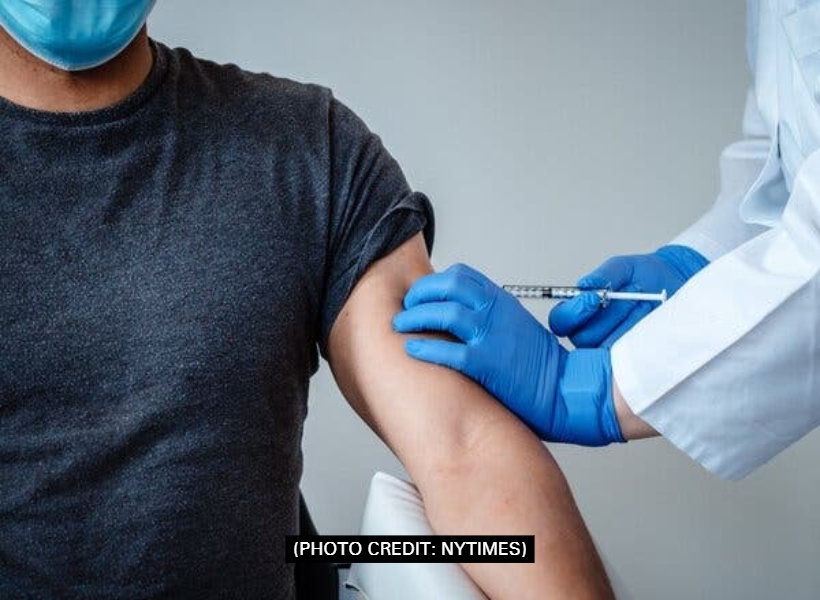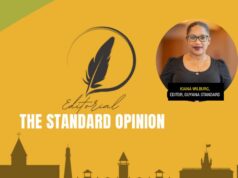There is a high level of COVID-19 vaccine hesitancy among people living with HIV in Guyana, Health Minister Dr. Frank Anthony disclosed today. He is urging persons with HIV to protect themselves against COVID-19 by getting vaccinated.
The official said today that HIV-positive persons who contract COVID-19 are considered more at risk of hospitalisation and death.
“It is recommended that persons with HIV take the COVID-19 vaccine because it’s going to protect them. The benefits of being vaccinated, far outweigh the risk of being vaccinated, and in some cases, persons whose immune systems are compromised, some of those patients it’s also recommended that they get a third dose of the vaccine or a booster shot,” Dr Anthony said.
But Guyana is not administering third doses of any vaccine. Minister Anthony said weeks ago that his ministry prefers to await confirmation from international health organisations before administering booster shots to its citizens. The Minister also clarified that persons living with HIV and taking ARVs (antiretrovirals) or PrEP (pre-exposure prophylaxis) need not worry about vaccines clashing with those medications.
He explained, “The mechanism of action is different. Vaccines help to stimulate the immune system so that your body can produce antibodies that can fight off [the] COVID-19, [while] antiretrovirals work differently. They interrupt the life cycle of HIV…There is no interaction between the two.”
According to the Joint United Nations Programme on HIV/AIDS (UNAIDS), no safety or efficacy data have emerged to “cause worry that people living with HIV are at any greater risk from COVID-19 vaccines than anyone else.”
The vaccines include some of the genetic material from SARS-CoV-2 (the virus that causes COVID-19), which stimulates immune systems to make antibodies against the spike protein that SARS-CoV-2 uses to bind to human cells during infection. None of the vaccines approaches under development or approved by regulators use live vaccines and so they should be just as safe in people with compromised immune systems, such as some people living with HIV who are not virally suppressed, UNAIDS said.
In addition, no pharmacological interactions have been reported between COVID-19 vaccines and antiretroviral medicines, which people living with HIV should continue to take after vaccination to maintain health. The document about COVID-19 vaccines and HIV can be accessed by clicking this link: https://www.unaids.org/sites/default/files/media_asset/covid19-vaccines-and-hiv_en.pdf













